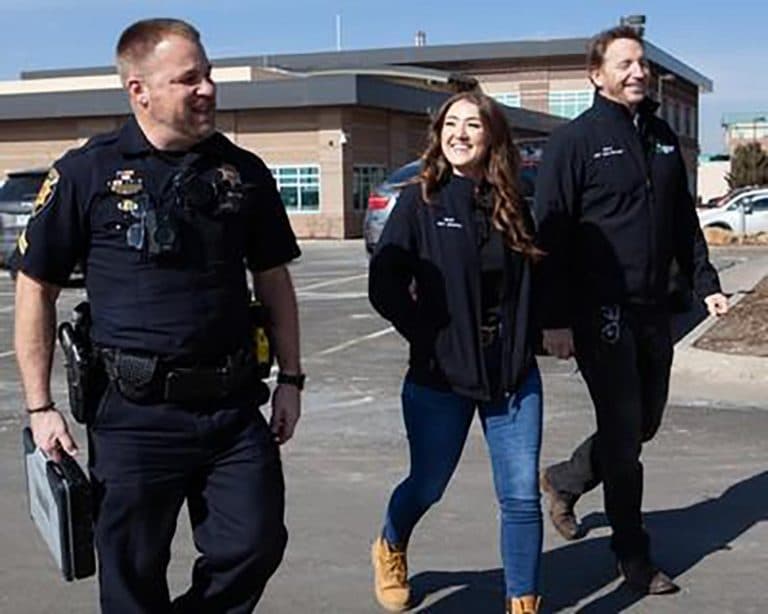Trinidad Co Responder Program Marks One Year, Community Gains
On November 19, 2025 the Chronicle News ran a feature marking the one year anniversary of Trinidad's partnership with Health Solutions to launch a co responder program. The initiative pairs a mental health professional with local police to respond to behavioral health and crisis calls, an approach residents and officials say matters for public safety and health access across Las Animas County.

Trinidad completed its first year of a formal co responder program on November 19, 2025, continuing a partnership with the nonprofit Health Solutions to place mental health professionals alongside law enforcement on behavioral health and crisis calls. The Chronicle News ran a local feature on the anniversary that described how the program was designed to improve responses to mental health emergencies and to provide community centered alternatives to traditional policing alone.
The partnership pairs clinically trained staff with officers to assess situations, deescalate crises, and connect people to follow up care. According to the article, program representative Kendra Ochoa described the first year as an "incredible success." Local officials and service providers contributed perspectives on outcomes after year one, noting the program as a change in how the community addresses behavioral health needs.
For residents of Las Animas County, the co responder model touches on everyday concerns about safety, health care access, and equity. Rural communities often face shortages of behavioral health providers, long travel distances to clinics, and limited crisis services. A program that embeds mental health expertise into emergency responses aims to reduce the burden on emergency departments and jails, improve the chance of getting people connected to appropriate services, and lower the risk of escalation during crisis calls.
Public health implications extend beyond immediate crisis moments. Mental health experts and advocates argue that timely, trauma informed intervention can prevent repeat crises and reduce downstream costs for hospitals, law enforcement, and social services. In Las Animas County the program offers a test case for whether integrated response teams can help close gaps in access and improve outcomes for people who have historically been underserved.
The Chronicle News feature noted local perspectives on both the benefits and the challenges of sustaining the program. Funding, workforce capacity, and data sharing between agencies are common barriers cited by communities pursuing similar work. Continued evaluation will be important to measure impacts such as service referrals, involuntary detentions, emergency department visits, and community trust.
As Trinidad moves into the program's second year, residents and policymakers will weigh how to sustain and scale the model across the county. For many families, a co responder approach promises more humane, effective responses when a loved one is in crisis. For county leaders, it raises questions about budget priorities, partnerships, and long term investments in behavioral health infrastructure that aim to promote equity and safety for all community members.


